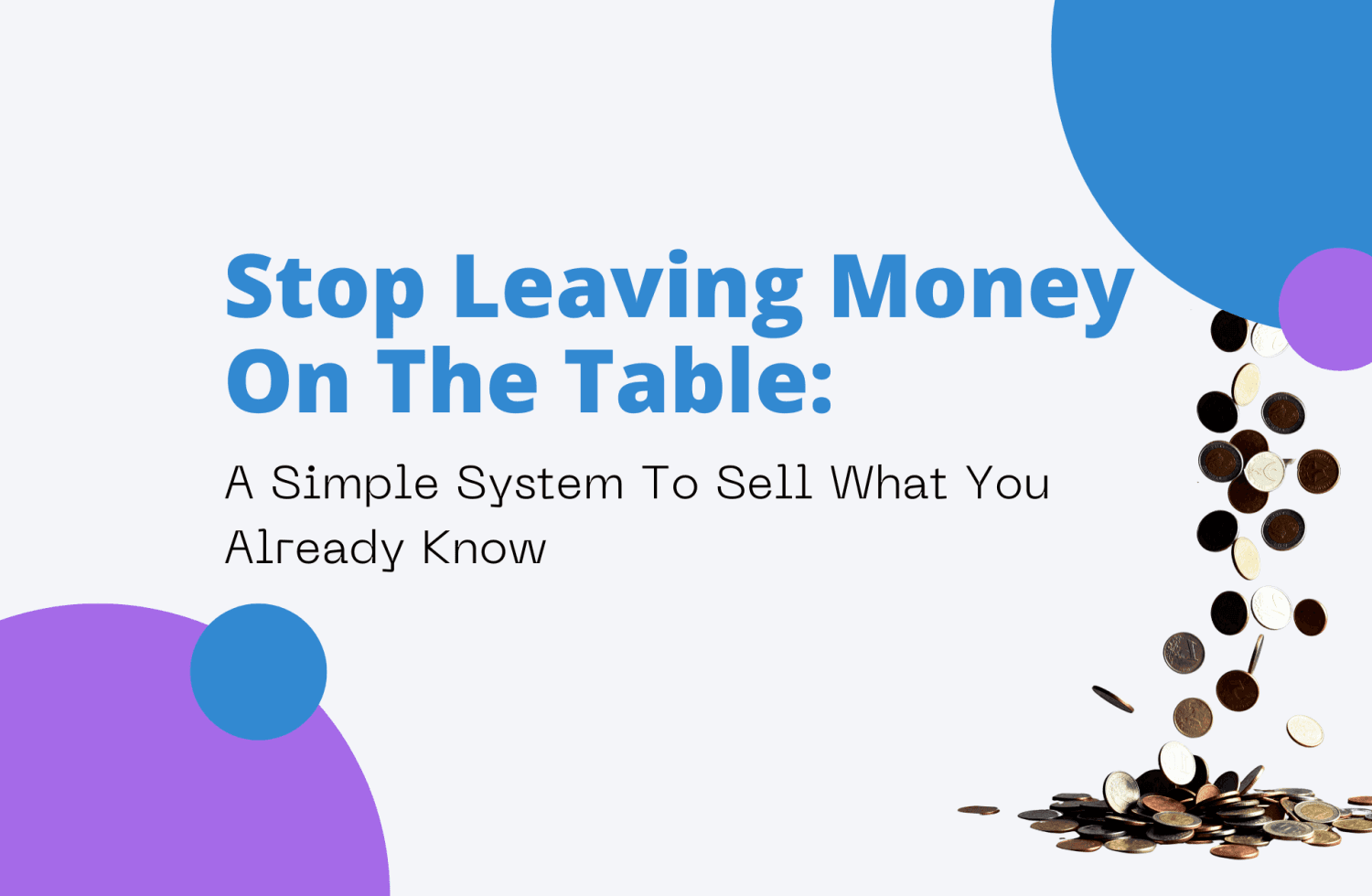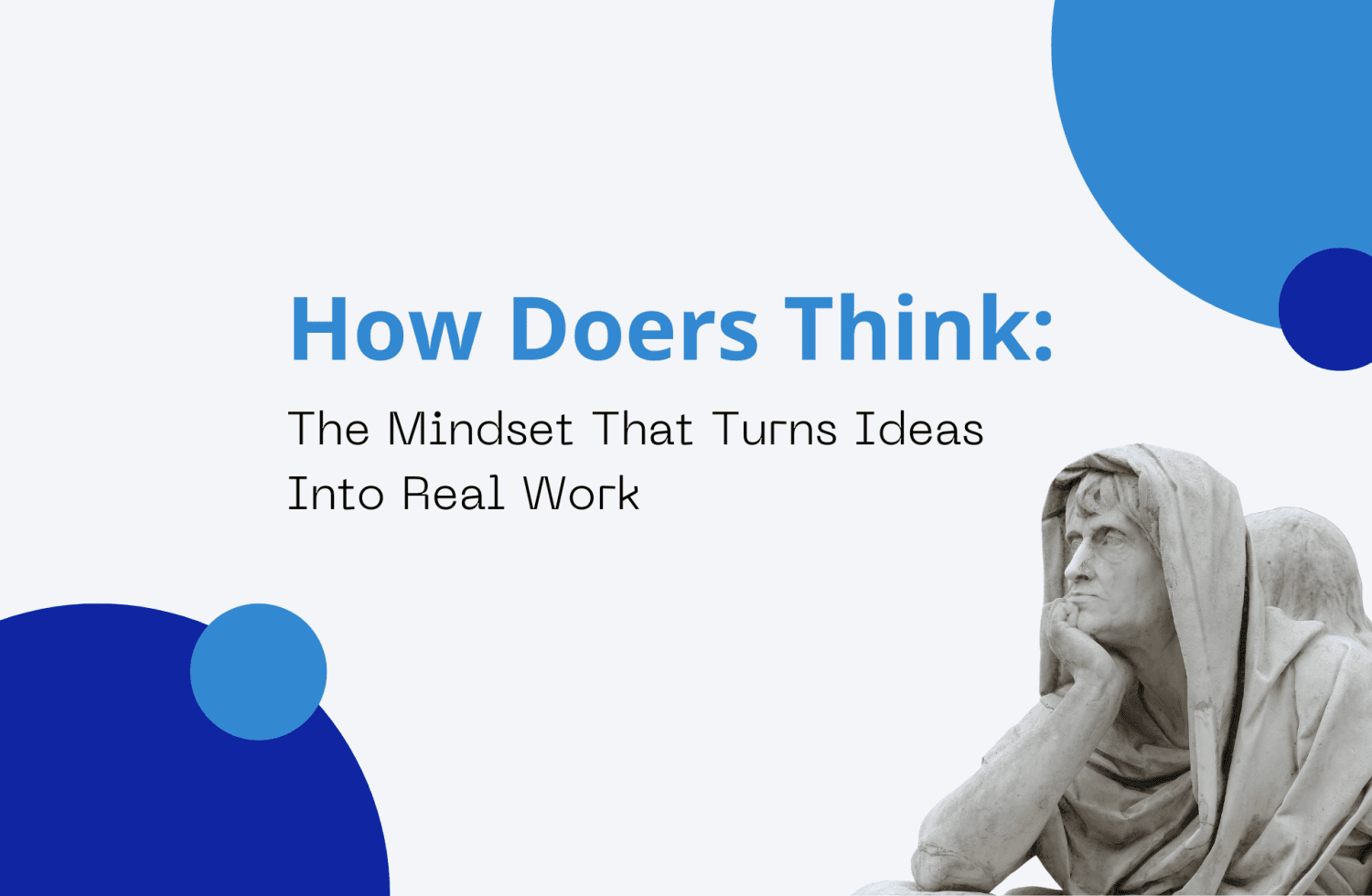We live in a culture obsessed with urgency.
The faster you start, the better your odds—at least, that’s what we’re told.
But speed means nothing if you don’t stick with it. And most people don’t.
Consistency gets overlooked because it doesn’t shout.
It’s quiet. It’s slow. It’s not impressive at first glance.
But in every room where something meaningful is being built, there’s someone who didn’t give up.
Not because they had more time or more talent—but because they just kept showing up.
When Progress Felt Like a Puzzle
For a while, I couldn’t figure out why I kept losing momentum. I’d set clear goals, make solid plans, and feel genuinely excited to begin.
The first few days always felt strong—full of energy, full of intention. Then one off day would hit, and it was like everything cracked. I’d miss a step, fall behind, and convince myself the whole thing needed to be rebuilt from scratch.
At first, I blamed discipline. Then I blamed time. Eventually, I started wondering if maybe I just wasn’t wired for consistency like other people. But deep down, I knew that wasn’t true.
One morning, something shifted. Instead of waiting to feel ready again, I asked myself a different question:
What if I just kept going—even when it wasn’t exciting? Even when no one noticed?
That one thought changed everything. I gave myself a rule: I could miss a day, but not two. Ten minutes counted. A rough draft counted. An imperfect step still counted.
It didn’t make the work easier. But it made the progress real.
I stopped starting over.
I started building trust with myself.
And I finally understood that momentum isn’t a feeling—it’s a decision you keep making.
The Mess That Made It Clear
Months later, I watched the same pattern play out with a team I was working with. They were sharp—creative, motivated, and fully capable. But no matter how much momentum we gained, it never lasted.
One week they were ahead of schedule, delivering high-impact work, and getting praised by clients. The next week, everything stalled. Deadlines slipped. Follow-ups were missed. The pace broke down, and with it, their confidence.
They blamed burnout. Some blamed workload. But it wasn’t either of those things, not really. The problem wasn’t energy—it was rhythm. They weren’t lacking ideas or effort. They were missing consistency.
So instead of jumping into big changes, we kept it simple. We didn’t restructure or roll out massive goals. We just added structure to the day-to-day.
We introduced short daily standups—ten minutes max. Weekly check-ins with a single purpose: share what’s done, flag what’s stuck. No fluff. Just rhythm. And we made space for small, visible wins—things they could actually track, finish, and feel.
It didn’t feel groundbreaking. But over time, it was. Because for the first time in months, the team had something solid to move with. They had a pattern they could rely on. A way to keep going without starting over.
And most importantly, they began to trust their own process again.
What Helped It All Click
The most useful thing I’ve ever learned about consistency didn’t come from a course, a book, or a mentor. It came from a stretch of time when nothing was working.
I kept trying to make giant moves. Big decisions. Overnight shifts.
But what changed everything wasn’t a leap. It was a small question:
What happens if I just don’t quit?
Not what happens if I win. Not what happens if I get recognition. Just—what happens if I keep showing up?
I started tracking effort, not outcome. I built around my clearest hour of the day and protected it. I stopped needing every day to feel good—and just made it count.
That’s when momentum became real. Not because I was finally ready. But because I stopped disappearing.
What Consistency Really Means
Consistency has nothing to do with being perfect. It’s not about doing more, or pushing harder, or working nonstop.
It’s about reducing the number of decisions you have to make. It’s about eliminating the constant negotiation with yourself over whether or not to begin. It’s about showing up—whether the work is messy, whether it’s short, or whether no one sees it at all.
Progress doesn’t always make noise. It doesn’t always come with recognition.
But it leaves a trail if you’re willing to stay long enough to see it.
And over time, showing up creates something deeper than output—it creates trust. Trust in yourself. Trust in your ideas. Trust in your ability to follow through, even when it’s quiet.
You won’t look back and wish you’d moved faster.
You’ll look back and know you made it—because you didn’t stop.
-
Justin




